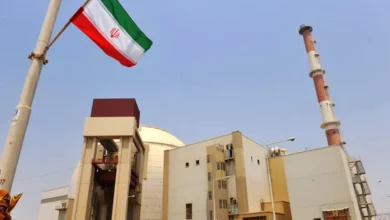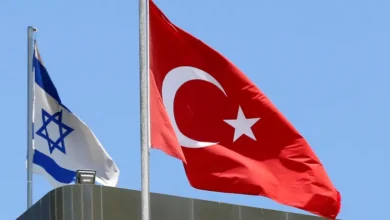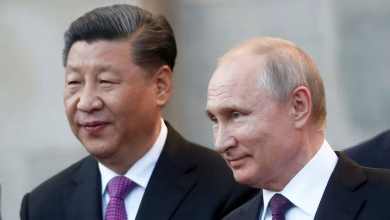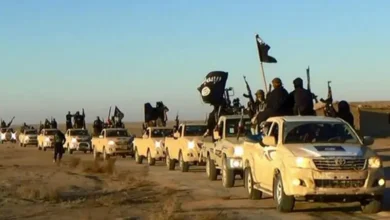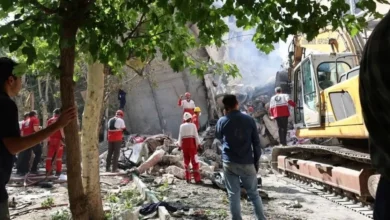Analysis: Houthis declare war on Israel, but their real target is elsewhere
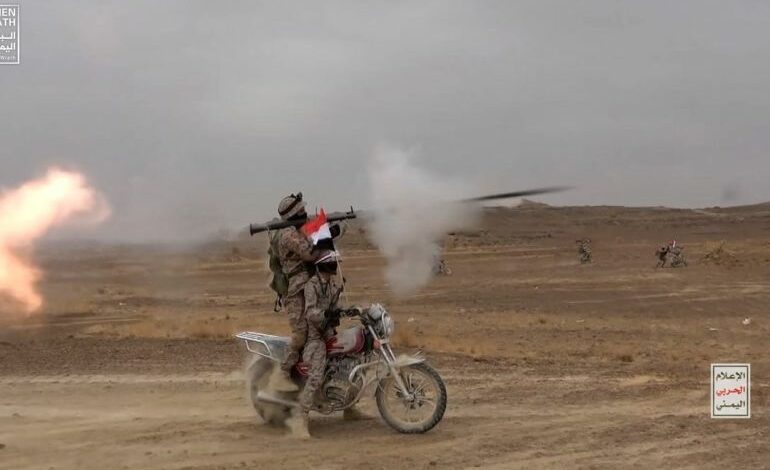
As Israeli attacks on Gaza continue unabated, with Hamas fighters getting just modest armed support from Lebanon-based Hezbollah, another, somewhat unexpected ally has stepped in to help the Palestinian armed group.
Just a few days ago I predicted that the successful interception by the United States Navy of all missiles fired by Yemeni Houthis towards Israel would discourage them from future waste of projectiles.
On Tuesday I was proved wrong when the Houthis again launched cruise missiles and drones at Israel. They never had much chance of hitting anything: More than 2,000km (1,240 miles) away, Israel is at the very limit of even the longest-ranged of Yemeni missiles.
And to reach Israel, Houthi missiles must first evade US Navy ships patrolling the region that can shoot them down, and then Israeli Navy missile corvettes stationed in the Red Sea.
The Houthis are surely aware of the limitations of their hardware and know that even if a few were to slip through, they could only inflict token damage at their Israeli targets.
So why bother?
The answer is simple: By firing cruise missiles they are not fighting a military but rather a political war. And the real target is not Israel but the Houthis’ archenemy Saudi Arabia.
To understand this, it is necessary to look back at the history of Yemen and at rivalries in the Arabian Gulf region.
Yemen underwent a revolution in 1962 that ended centuries of rule by sheikhs of the Shia Zaidi sect. It changed the country profoundly. The predominantly Shia northern highlands proclaimed the pro-Western republic of North Yemen; their Sunni compatriots in the south aligned with the Eastern, Communist block as the People’s Democratic Republic of Yemen.Fast forward through a couple of civil wars, unifications and further divisions, and by 1990, there was a main cleavage between the by-then-united Yemen and most of the Arab world. Yemen opposed the intervention of non-Arab states to expel Iraqi forces from Kuwait after President Saddam Hussein invaded Iraq’s smaller neighbour.Saudi Arabia, which backed the US military intervention, retorted by expelling nearly a million Yemeni workers from the kingdom. For Yemen, already a poor nation, this meant additional economic hardship.
Meanwhile, a long-running contest for influence in the Middle East, between Saudi Arabia and Iran, has found a fresh theatre in Yemen, where a full-scale civil war erupted in 2014. Both powers meddled in the conflict: Riyadh openly, sending in a loose Arab-African coalition; Iran not sending its own troops but fully backing the Houthis. Nearly 100,000 children have died from starvation among the 400,000 who have lost their lives from fighting or famine in a war that has proven to be one of the bloodiest conflicts for civilians in the 21st century.
That conflict has somewhat abated as of last year, but Yemen still has two competing “governments”, neither in full control of the country.
